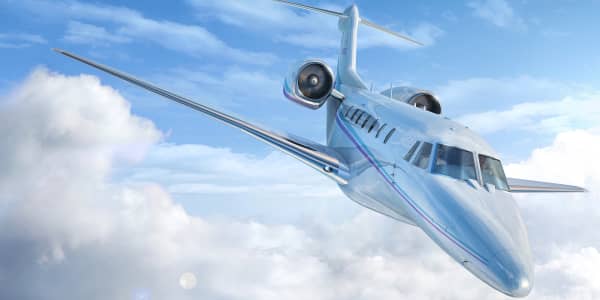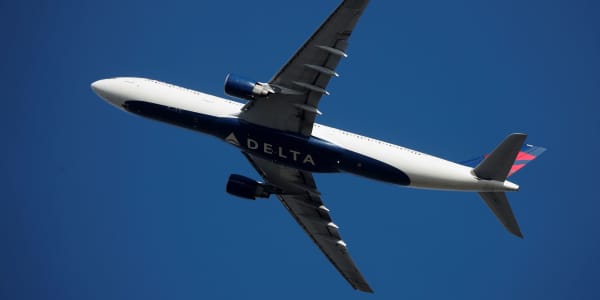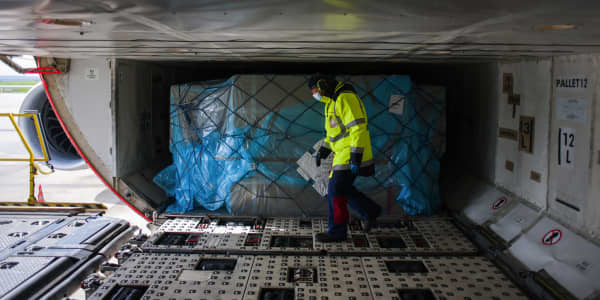Boeing's international president has told CNBC that Saudi Arabia was a "very important market" for the company.
Marc Allen said Sunday that the airline manufacturer would continue to operate in the region despite increasing political instability and concerns over a conflict between the Kingdom and arch-rival Iran.
"Saudi Arabia is a very important market. We've been in Saudi Arabia for 70 years and we fully expect to be there for the next 100 years," Allen told CNBC.
"So the way that we approach the market as we do in most places is around partnership and it's about creating a deeply interwoven fabric of our capabilities and the customers' needs and then helping the customer grow in their capability so we're growing together."
He added: "So that's the model, that's what we've been doing and it's been working well. And we think it will be a very important part of the business going forward."
Boeing has said previously that it views Saudi Arabia's "Vision 2030," a program of economic and social reform, as an opportunity.
Earlier this year, several defense and commercial deals were announced between Boeing and Saudi Arabia. These included agreements from Saudi Arabia to purchase Boeing Chinook helicopters, P-8 military aircraft and guided weapon systems as well as a joint venture with the Kingdom to provide services for a wide range of military platforms.
However, there is growing regional instability, particularly between regional rivals Saudi Arabia and Iran, a developing political crisis in Lebanon and an economic blockade of Qatar.
Allen said Boeing would persevere, however, despite the challenges posed by the region.
"As I said, we've been in this region for 70 years, we've lived through every season and every cycle imaginable and where we are is going to be marked by the same characteristics — Boeing's commitment to the customers, Boeing following the lead of the U.S. government where there are government-to-government matters that have to be addressed, and Boeing looking to bring the most innovative, efficient and effective products and systems to customers."
It was announced Sunday that Gulf airline Emirates had ordered 40 Boeing 787-10 Dreamliners from the aircraft maker in a provisional order worth $15.1 billion. The news surprised the industry as Emirates was expected to announce a tranche of Airbus A380s instead.
Allen said: "Our business succeeds when we help our customers win and they have to win in their marketplace, so it's the case for our customers here in the Middle East but all around the world that if we're helping them win the our business is strong and right now we've got a pretty order book."





